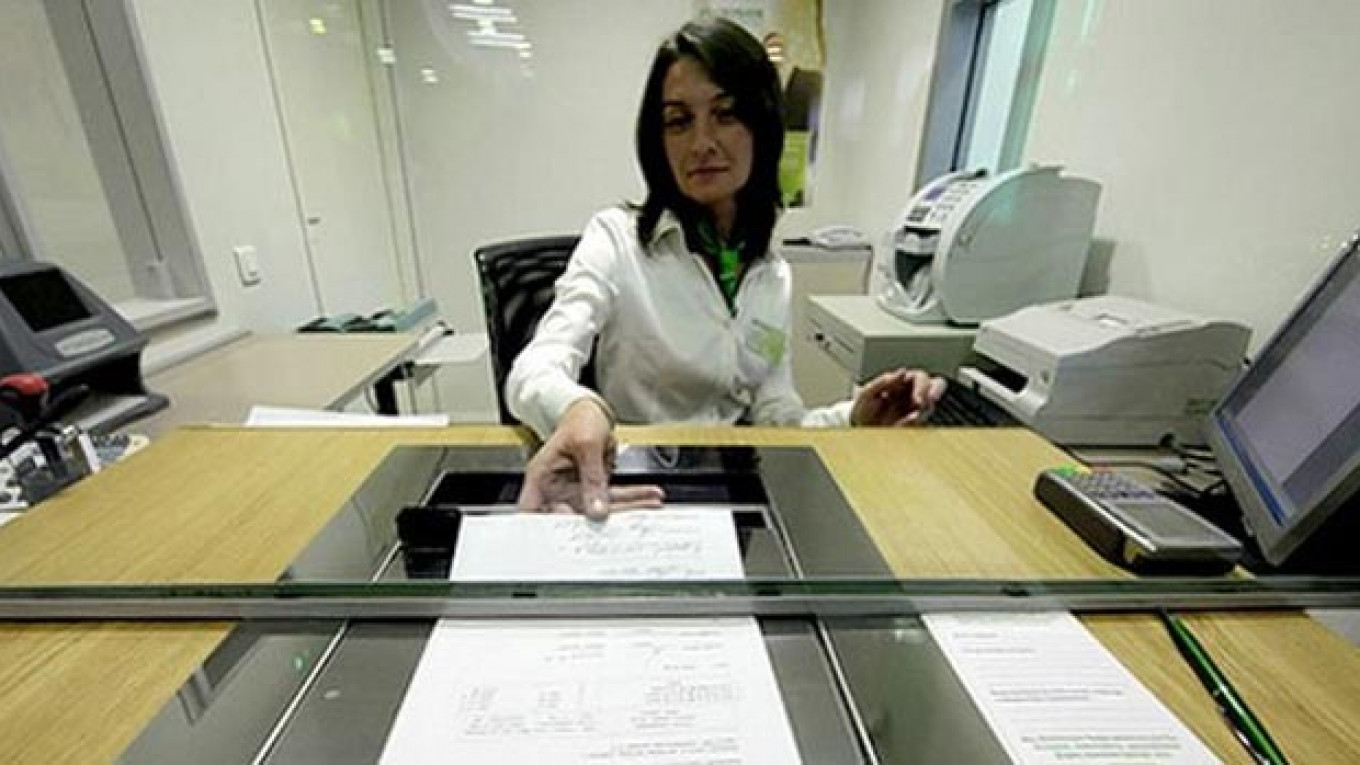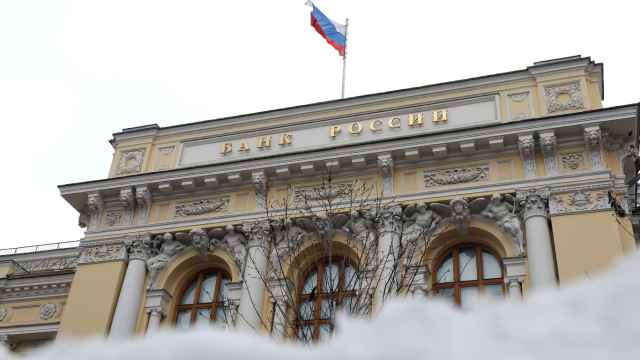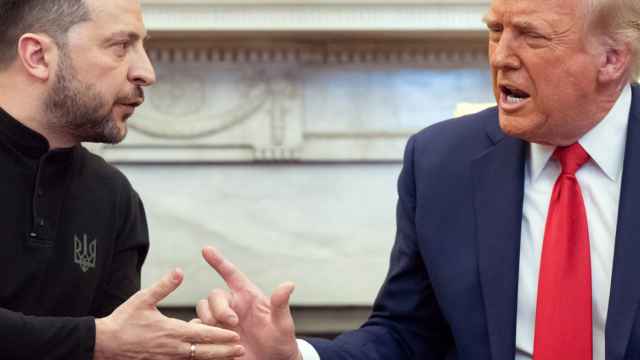Well, it looks like we are on the edge of a soft collision between Russia and the U.S.
Starting with an executive order on March 6, President Barack Obama has escalated to mostly symbolic sanctions, but he might do more. Financial and business Moscow is full of fear of where this confrontation may be heading. Anticipatory capital flight is accelerating.
To my mind, there are two things to worry about if sanctions are imposed: The effect of the sanctions themselves if they get escalated, and, equally important for foreigners and some vulnerable Russians, the effect of the inevitable blowback from Russia.
The blowback could be outlandishly disproportionate. Following the U.S. visa ban on some officials implicated in the Sergei Magnitsky case, Russia forbade the adoption of children by all Americans last year. Nowadays there is also a two-traffic-ticket-and-you-are-out law for foreigners. Getting expelled from Russia can be especially nasty if your bank requires you to be physically present to sign a money-transfer request.
In the old cowboy movies, when there were rumors of bad guys coming in on the 12 o'clock train, residents would scramble to "get out of Dodge City" before high noon. So with an ugly gang of financial sanctions and counter-sanctions possibly on the way, it makes sense to prepare a "get out of Dodge City" plan.
In terms of moving financial assets, you have to remember that there are two aspects to getting out of Dodge City: transferring the money, and, perhaps more difficult, finding a place to put it.
You cannot use the ruble for money transfers. You have to buy an international currency such as the euro, U.S. dollar or British pound — and thus sell the ruble on its historic lows — in order to send it.
At the moment, nonresident foreigners can send as much as they want to wherever they want. But Russians and permanent-resident foreigners need to have a foreign bank account registered with the Russian tax authorities. From the Russian side, this is a simple matter. The major problem generally comes from the other side. Anti-money laundering measures have become hysterically rigid in the West lately, making the transfers difficult even without any sanctions.
Here's how it works legally: A permanent resident or Russian needs to open an account, which nowadays will trigger a ridiculously complex investigation, called KYC, or Know Your Customer, in any safe and large Western bank. This is like a financial endoscopy or worse. I have done this several times recently and have had to prove where my money came from. I was required to show Russian or other tax returns, six months of bank account data, and lists of assets, sometimes with notarized translations, presumably to prove I am not Osama bin Laden.
If you get through this step, then you can get an account opening letter from the foreign bank. This has to be taken down to the local Russian tax inspector together with a form concerning the opening of an account with a foreign bank, which must be filled out in duplicate. Just make sure you do this within 30 days after opening the account. You then get a round blue stamp on one of the copies, which you take to your bank in Russia to allow you to send currency abroad. On the Russian bank's side, you will have to sign a statement swearing you are not a government official. Each time.
Is it worth it? Two weeks ago, I argued on these pages that there was no point in panicking over the slumping ruble. But now you are preparing to expatriate assets that might — might — be exposed to some extreme, unpredictable barbarity. It is more difficult to quantify the risks, and the impact could be serious.
The prudent thing to do is at least prepare the channels by ensuring that your bank will be able to expatriate money if you need it. This might mean opening an account in a nongovernment bank, just as a backup, and possibly staying away from the dollar in favor of the euro or pound.
Because government procedures never get easier, it is probably better to open your foreign account sooner rather than later, and register it sooner rather than later. It is also better to have several foreign accounts so you can send smaller, less-attention-grabbing amounts out to each, all at once. Remember, it is not Russian currency controls you must worry about, yet, but rather the underpaid and perhaps unintelligent compliance people at the receiving bank.
Once prepared, you need to decide how much to send out. I would argue that it makes no sense to panic totally, but you should panic some. You should always have enough locally, in rubles, to cover your needs and projected transactions, for at least three to six months.
Balance the amount you send also by the knowledge that the Central Bank has capped the ruble at the 36.50 level and that your Western bank will not provide you with much yield.
Then get your money out of Dodge City before high noon in proportion to how scared you feel. There is plenty to feel scared about.
Philip M. Halperin is an independent risk adviser and former chief risk officer at Alfa Bank.
A Message from The Moscow Times:
Dear readers,
We are facing unprecedented challenges. Russia's Prosecutor General's Office has designated The Moscow Times as an "undesirable" organization, criminalizing our work and putting our staff at risk of prosecution. This follows our earlier unjust labeling as a "foreign agent."
These actions are direct attempts to silence independent journalism in Russia. The authorities claim our work "discredits the decisions of the Russian leadership." We see things differently: we strive to provide accurate, unbiased reporting on Russia.
We, the journalists of The Moscow Times, refuse to be silenced. But to continue our work, we need your help.
Your support, no matter how small, makes a world of difference. If you can, please support us monthly starting from just $2. It's quick to set up, and every contribution makes a significant impact.
By supporting The Moscow Times, you're defending open, independent journalism in the face of repression. Thank you for standing with us.
Remind me later.






